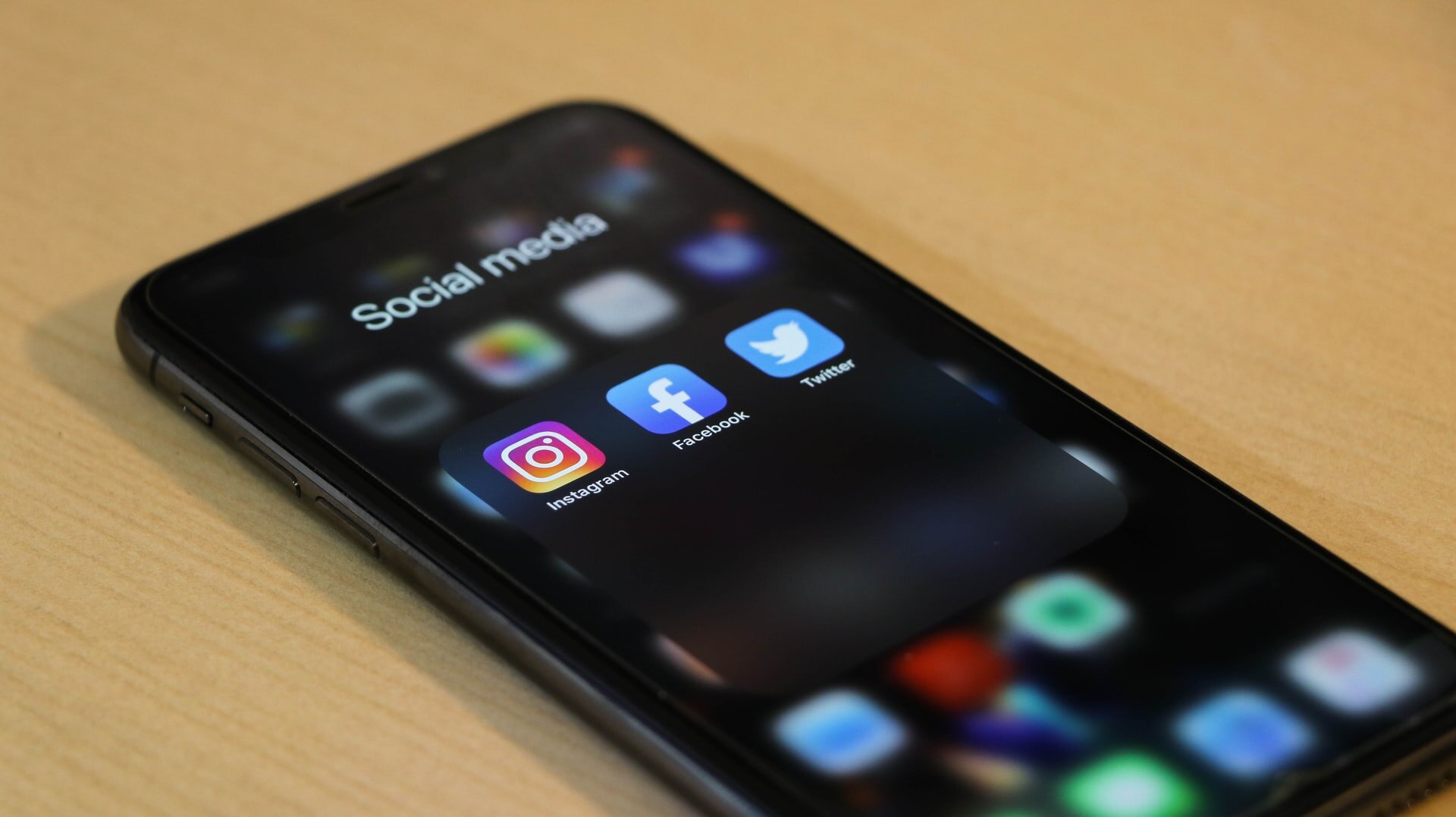“5 min of screen time left for Twitter.”
The notification flashes on the screen, as it does every morning. My pattern of uninstalling and reinstalling the app is clearly in the reinstalling phase, so I figured limiting the amount of time I spend scrolling was a good compromise. After 15 minutes, my phone locks out.
This isn’t the first time I’ve limited my social media usage. In a previous life, I deleted my Twitter account completely. I lasted four months before the lure of politics and activism drew me back in.
Back then, I say as if it were decades ago and not 2011-2014, constructive conversations about politics were possible. Questions were taken at face value and answers were given in the spirit of meeting people where they were at.
The activism one-upmanship, that seeped into my timeline over the years, hadn’t started yet.
Every so often tweets cross my timeline insisting that discussing politics on Twitter has never genuinely changed a person’s mind, so we shouldn’t bother. I laugh as I scroll on by and think of another all too familiar tweet that asks “what radicalised you?”.
Twitter is what radicalised me, which means that it also drastically changed my mind about lots of things.
I know this is down to the people I followed and interacted with, but I wouldn’t have met those people elsewhere.
*
Recently, author and podcaster Emma Gannon wrote about some of the reasons Millennials are logging off and asked whether it is “fair to call an offline childhood a ‘real one’ and a digital one a ‘wasted one?”
I’m an older Millennial, so my childhood was offline. I was in college before the Internet became a regular part of my life. I preferred sending essay length emails over MSN. I was out of college before Bebo and MySpace launched, so they didn’t catch my attention.
One of the biggest concerns about Gen Z is that everything they do is online, including their mistakes. We say; I’m so glad Facebook and Twitter weren’t around during my teenage years. Feck knows what nonsense I would have shared. I definitely would have been cancelled. Probably more than once.
I have said these things. Yet almost all of the mistakes I made in the latter half of my 20s happened under the watchful eye of social media.
*
My Facebook memories are broken into two categories; activism and a trip through the mind of a manic depressive who didn’t know she was hypomanic at the time.
The latter is responsible for vaguebooking, quotes from TV shows and films that my insomnia fueled nights were filled with and lots of venting about talk radio—which is apparently how I spent my days recovering from sleep deprivation.
I can post multiple times a day and then forget about Facebook for months. It is where I go when I am avoiding Twitter, which was a lot during the vaguebooking days of 2012-2013.
*
When I want to understand something I read about it, which is why my Kindle is full of books decrying social media as the worst.
Ten Arguments for Deleting Your Social Media Accounts by Jaron Lanier, a computer scientist, makes the case that in order for social media companies to really change we need to stop using them altogether. We must delete our accounts. All of us. Lanier argues that nothing else will lead to the fundamental changes necessary for social media to be anything other than the disaster it currently is.
Why Social Media is Ruining Your Life by author and speaker Katherine Ormerod looks at the negative impact social media has on everything from our mental health to our career, and even our experiences of motherhood.
Social media as an entity is a problem. The Internet as a whole does not have to be.
*
When I joined Instagram in 2014, the era of the blurry images of nights out was already well on its way to being something no one would dream of doing. The photos were still there, but people were beginning to apologise for them in their captions.
I was blogging about beauty, so a photo based app felt like something I should be using. Even then, this feeling of should was nothing new. When the people you interact with on one platform move to another it makes sense to follow them.
Or it did. I am more than happy to sit out whatever the next big social network is.
My photo sharing tendencies lasted longer than my beauty blogging days. Tweeting snippets of my day became sharing photos of my day because none of us put as much planning into social media as we do now.
We didn’t consider whether what we were sharing fit in with our personal brand. We didn’t realise we had or should have a personal brand.
*
In her 2018 essay, A Meditation on Personal Branding, Truth, & Our Digital Selves, poet, essayist and editor Lisa Marie Basile explores how we choose to portray ourselves online.
Basile questions what it means to have followers or to be considered an influencer. When social media insists we slot ourselves neatly into the boxes, so that people know what to expect when they scroll through our timelines, how can we authentically share our lives?
Social media can never show you all of a person. We pick and choose what we share. We know this about ourselves, yet forget when it comes to others. We envy people’s lives based on their highlight reel.
When we do share aspects of our lives that aren’t picture perfect, we often do so after the fact. We curate even this. We package it for the consumption of others.
This is what social media is about, after all.
*
I met P on Twitter.
It will always hold a special place in my heart, even if the time I spend doom scrolling every morning makes me want to throw my phone across the room.



















